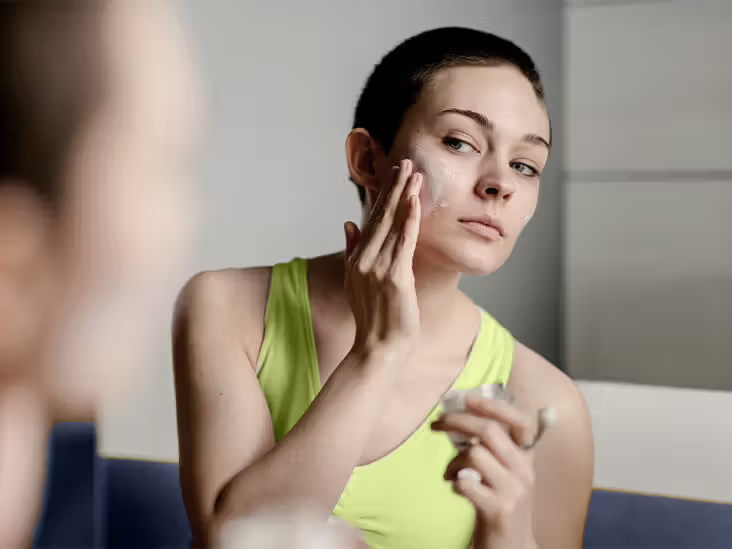Welcome to the Functional Family Medicine of Albuquerque blog! Today, we’re shedding light on a topic that often gets overlooked—testosterone therapy for women. While testosterone is commonly associated with men, it plays a vital role in women’s health as well. Join us as we explore why testosterone therapy isn’t just for men and how it can benefit women.
Understanding Testosterone in Women
Testosterone is a hormone produced in small amounts by the ovaries and adrenal glands in women. Despite its reputation as a “male” hormone, testosterone is crucial for several functions in women, including:
- Maintaining Muscle Mass: Helps preserve muscle strength and tone.
- Bone Density: Supports bone health and reduces the risk of osteoporosis.
- Libido: Plays a key role in sexual desire and satisfaction.
- Mood and Energy Levels: Contributes to overall well-being and vitality.
- Cognitive Function: Aids in memory and concentration.
Recognizing Low Testosterone Symptoms in Women
As women age, testosterone levels naturally decline, which can lead to various symptoms, such as:
- Fatigue: Persistent tiredness and lack of energy.
- Decreased Libido: Reduced interest in sexual activity.
- Mood Changes: Increased irritability, depression, or anxiety.
- Muscle Weakness: Decreased muscle strength and mass.
- Weight Gain: Difficulty in losing weight or unexplained weight gain.
- Cognitive Issues: Problems with focus and memory.
The Benefits of Testosterone Therapy for Women
Testosterone therapy can be transformative for women experiencing low testosterone levels. Here are some of the potential benefits:
- Increased Energy: Enhanced energy levels and reduced fatigue.
- Improved Libido: Boost in sexual desire and satisfaction.
- Better Mood: Reduction in symptoms of depression and anxiety.
- Enhanced Muscle and Bone Health: Improved muscle strength and bone density.
- Cognitive Boost: Better focus, memory, and cognitive function.
Safety and Efficacy of Testosterone Therapy
When administered correctly under medical supervision, testosterone therapy is generally safe for women.
At Functional Family Medicine of Albuquerque, we take a personalized approach to hormone therapy. We conduct thorough evaluations and monitor treatment closely to minimize side effects and maximize benefits.
Who Should Consider Testosterone Therapy?
Testosterone therapy may be suitable for women who:
- Experience symptoms of low testosterone that affect their quality of life.
- Have not found relief from other treatments.
- Are in perimenopause or postmenopause, when hormone levels naturally decline.
Getting Started with Testosterone Therapy
If you think you might benefit from testosterone therapy, the first step is to schedule a consultation with one of our healthcare providers. During this visit, we’ll discuss your symptoms, medical history, and conduct necessary tests to determine if testosterone therapy is right for you.
Testosterone therapy isn’t just for men—it can offer significant benefits for women too. At Functional Family Medicine of Albuquerque, we’re committed to providing safe, effective, and personalized hormone therapy to help you feel your best.
If you have questions or would like to schedule a consultation, please contact us today. We’re here to support your journey to optimal health and well-being.
For more information on our services and how we can help you achieve your health goals, Contact us or follow us on social media.
Stay healthy and informed!
Functional Family Medicine of Albuquerque

